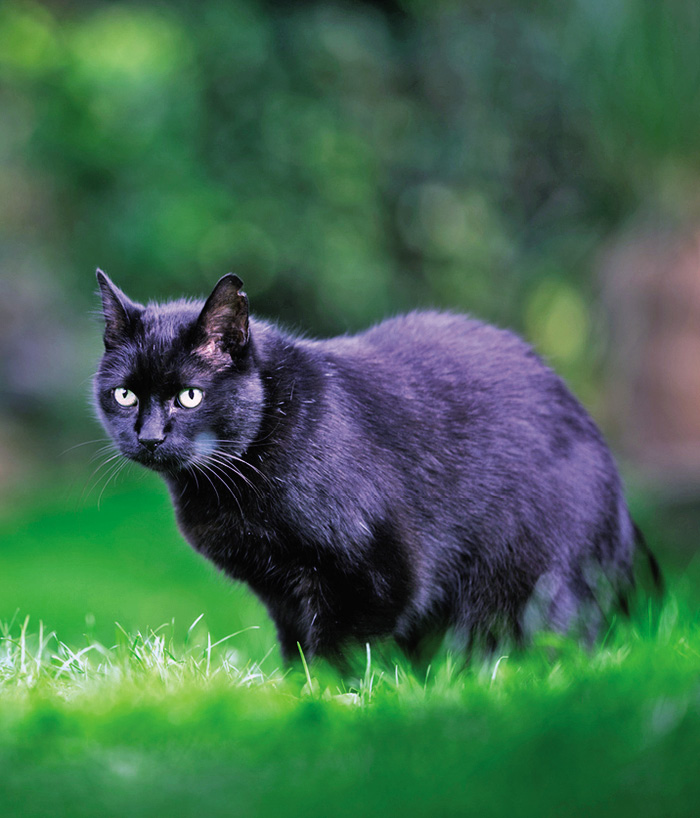Rats love cities, and fighting rat populations is difficult. Poisons can affect other animals and children. Traps also may catch innocent bystanders. Some cities are helped periodically with rat-fighting terriers, but that is sporadic. The Blue Collar Cats for 24/7 rodent control, however, is ready.
This is a program instituted by the Humane Rescue Alliance to find homes for feral cats. These are cats who have been “living wild” and surviving on their own. Once trapped and spayed or neutered, they still needed somewhere to go. Enter the Blue Collar Cat program. Think of these felines as urban barn cats.
Applicants need to provide a safe outdoor shelter, make sure there is food and water available as well as the outdoor equivalent of a litterbox. Cats need to be confined and acclimated for a few weeks to accept their new home territory. Initially the working cats may be very busy, catching mice, rats, and other rodents. With time, the rodent population usually drops and rodents learn that location X is not a great place to setup living quarters.
Cats have been successfully placed in private homes and at businesses. While most of the cats are not social, some do become like pets over time. Even well fed social cats maintain their hunting instincts however, so these cats continue to earn their paychecks.




